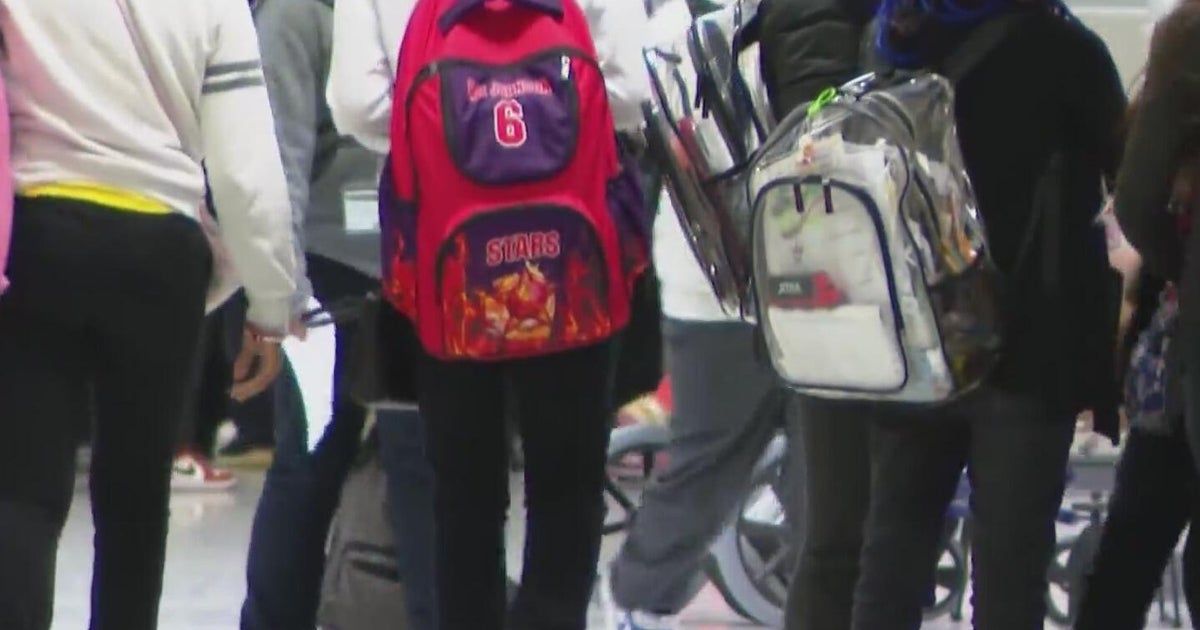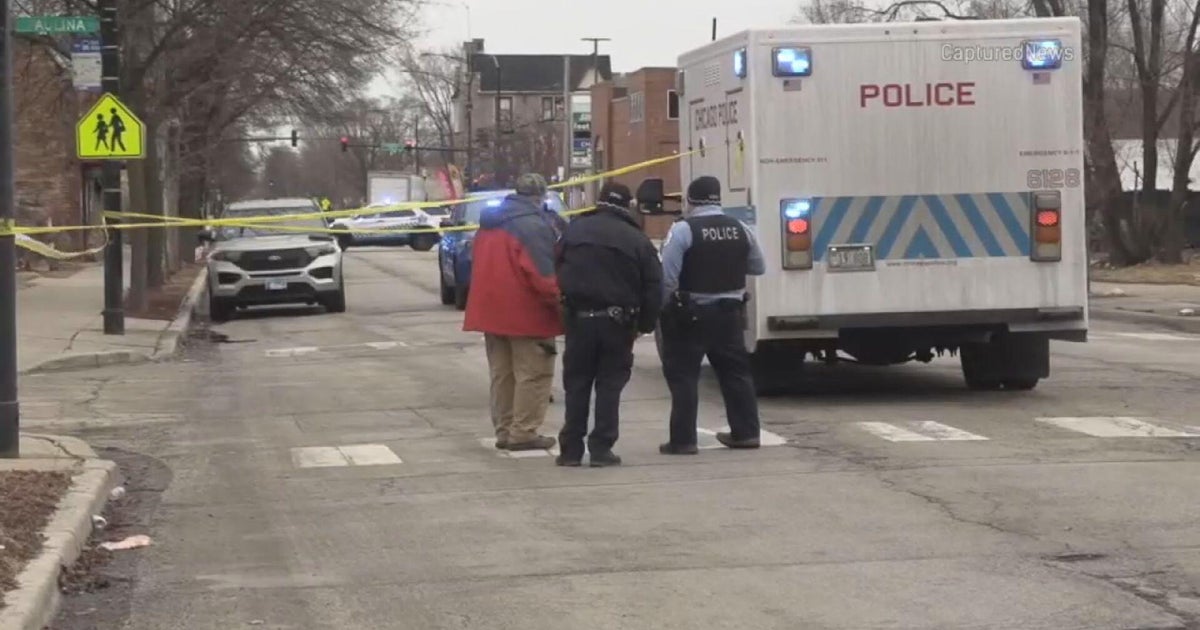Common Core Testing Hit With Server Delays, Glitches As First Computerized Standardized Testing Gets Tested
UPDATE: Educators say the Common Core glitch was the result of a cyber attack. "It was a deliberate attack. Not just a malfunction." The state disagrees. READ THE FULL STORY HERE.
RICHMOND (CBS SF) -- The controversial Common Core testing affecting millions of students across America was already facing student boycotts and parental opposition, and now it's facing what may be an even tougher opponent -- slow Internet connections and lack of server space.
In the first-ever attempt to implement computerized standardized testing in California, testing was delayed by at least two hours Thursday and similar log-in problems have been widespread across the nation.
At least 22 states have reported issues according to news reports catalogued on FairTest.org.
In the new testing process, 1.6 million California students in grades 3-8 and 11 are often pulled from their classrooms and moved into computer labs where they can sit in front of a monitor to begin the mandatory testing. Teachers on Thursday found they were unable to get students logged on, and faced delays of two hours just waiting to begin the tests.
West Contra Costa Unified School District students and teachers told KPIX 5 they couldn't log onto the computerized testing system websites while administering the SBAC test, short for Smart Balanced Assessment Consortium.
This is time that would normally have been used for classroom instruction, but instead was spent in limbo trying to log in.
The California Assessment of Student Performance and Progress (CAASPP) confirmed at least one issue on its website Thursday, alerting that, "We received reports of delays logging on to the test delivery system." The system later reported that normal functionality had been restored, but it's not clear how many students were affected and how much instruction time was lost because of the malfunction.
Bill Ainsworth with the California Department of Education called the glitch minor, adding "It wasn't caused by a slow internet connection or a lack of server space. It was caused by a software update." He said, "The bottom line is the testing is going very smoothly in California."
Some educators had questioned whether the glitch was the result of a cyber attack.
Giorgos Kazanis who works with Ainsworth at the Department of Education told KPIX 5, "The system was in the process of an upgrade and was coming back online at the time when students were attempting to log onto the system."
Regarding reports of a "denial of service" attack in which hackers program servers to send continuous log-on attempts, preventing legitimate users from logging in, he said, "While this [software update] did cause a delay, they [Educational Testing Service] say this was not a cyber-attack."
California's testing vendor is Educational Testing Service or ETS. The state reports the record so far is 311,489 simultaneous test takers on April 28, and the system can theoretically handle up to half a million tests.
In addition to needing to log onto a third party testing system, the school sites themselves need to have enough bandwidth on their Local Area Networks (LAN) and WiFi networks for the simultaneously increased data load, something made more complex by aging school networks and complex switches routed through district offices.
Facing similar but far more lengthy and continuing problems in Las Vegas, Clark County school administrators have suspended testing with their test administration vendor for multiple days because of lack of server capacity. The superintendent is now declaring the issue a breach of contract by testing companies Measured Progress and Smarter Balanced for failing to deliver what they were paid to do. Measured Progress does not handle testing in California.
As with the California glitch, Nevada students were unable to log onto the test system.
Superintendent Dale Erquiaga released a statement to the Las Vegas Sun saying, "It is clear that Nevada's testing vendors have failed to uphold their obligations. Today more than 10,000 students appear to have successfully participated in the testing, but the success is attributable only to the fact that Clark County School District had suspended testing. The system clearly cannot handle the full extent of our student population."
The Las Vegas district may be considering legal action.
Measured Progress released a statement saying they, "...made numerous improvements to the online delivery platform in recent weeks. In particular, our recent modifications to the server structure, and our deployment of the updated system based on the code we received from the Smarter Balanced vendor, have resulted in continued successful assessment completion in Montana and North Dakota this week. Students who logged in were not disrupted, and no saved data or responses were lost."
The company is working with Nevada now to implement similar solutions.
Smarter Balanced also reports on its website that it works with California testing, with 7 million students grades 3 through 8, and 11th grade taking the Smarter Balanced exams in English and math across 18 states.
Common Core has received significant criticism in more conservative states. In California, 69 percent are in favor of the new standards after being read a brief description, and 22 percent opposed according to an April Public Policy Institute of California survey.







